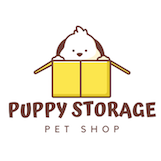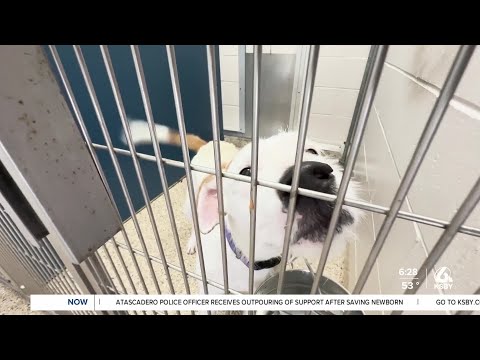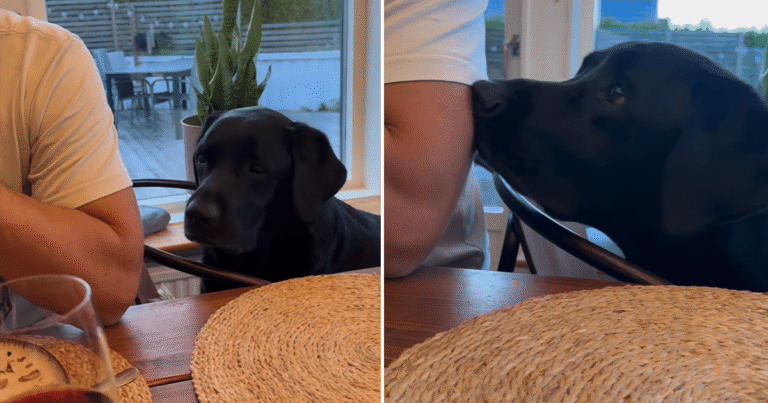Have you ever wondered what it takes to own a wonderful dog?
Owning a dog is not just a walk in the park; it’s a lifelong commitment filled with joy, companionship, and a set of responsibilities that ensure the well-being of your furry friend. Let’s embark on the journey of responsible pet ownership, exploring the essential aspects that contribute to a happy, healthy, and harmonious life for both you and your canine companion.
1. Regular Veterinary Care: The Backbone of Well-Being
Regular visits to the veterinarian are the cornerstone of responsible dog ownership. From puppyhood to the golden years, your dog’s health should be a top priority. Schedule routine check-ups, vaccinations, and dental examinations to catch potential issues early. This not only ensures a long and healthy life for your pup but also strengthens the bond between you and your trusted veterinary partner.
BarkBox - Monthly Dog Subscription Box
Get your puppy the best toys and treats delivered monthly! BarkBox offers premium dog toys, treats, and chews that are perfect for growing puppies. Each box is curated by experts and includes 2 toys, 2 bags of treats, and a chew.
Amazon Puppy Essentials
Everything you need for your new puppy in one place. From crates and beds to food bowls and training pads, Amazon has all the essentials at great prices with fast shipping.
2. Nutrition: A Balanced Diet for Optimal Health
Proper nutrition is the key to a healthy and happy dog. Consult with your veterinarian to choose a balanced diet that suits your dog’s breed, age, and health requirements. Avoid overindulgence in treats and human food, and ensure access to fresh water at all times. A well-nourished dog is not just physically robust but also more resistant to illness and better equipped for a vibrant life.
3. Regular Exercise: Keeping Tails Wagging and Hearts Healthy
Dogs are energetic beings that thrive on physical activity. Regular exercise is crucial for their mental and physical well-being. Tailor activities to your dog’s breed and energy level—whether it’s a daily walk, a game of fetch, or even agility training. Not only does exercise keep your dog fit, but it also prevents boredom, reduces destructive behavior, and strengthens the bond between you and your canine companion.
4. Proper Training: Cultivating Good Canine Citizens
Responsible pet ownership involves investing time and effort in training your dog. Basic commands such as sit, stay, and recall are not just tricks; they are crucial for your dog’s safety and the well-being of those around you. Positive reinforcement methods, such as treats and praise, are effective in teaching desired behaviors and strengthening the bond between you and your furry friend.
5. Socialization: Building Confidence and Friendships
Expose your dog to various environments, people, and other animals to promote socialization. Early socialization helps prevent fear and aggression, making your dog more adaptable to different situations. Regular interactions with other dogs and people contribute to a well-adjusted and confident canine companion.
6. Grooming and Hygiene: More Than Just a Pretty Pup
Maintaining your dog’s hygiene is not just about aesthetics; it’s a vital aspect of responsible pet ownership. Regular grooming, including brushing, nail trimming, and dental care, prevents discomfort and potential health issues. Additionally, it fosters a positive relationship between you and your dog, turning grooming sessions into moments of bonding and care.
7. Identification and Microchipping: Ensuring a Safe Return
Accidents happen, and dogs may sometimes wander off. Responsible pet ownership includes ensuring that your dog has proper identification, such as a collar with an ID tag. Consider microchipping as an added layer of security. In the unfortunate event of separation, these measures significantly increase the chances of a safe return home.
8. Providing a Loving Environment: More Than a Roof and a Bowl
A loving environment goes beyond the basics of food and shelter. Dogs are social animals that thrive on companionship and affection. Spend quality time with your dog, engage in play, and offer a safe and comfortable space where they feel secure. Your love and attention are invaluable contributions to your dog’s overall happiness and well-being.
9. Responsible Breeding Choices: A Commitment to Canine Welfare
If you choose to breed your dog, do so responsibly. Consider the health, temperament, and genetic background of your dog to contribute positively to the overall well-being of the breed. Responsible breeding aims to reduce genetic disorders and promotes the best interests of the dogs involved.
In conclusion, a responsible pet ownership is a continuous and rewarding journey—a commitment to the physical, mental, and emotional well-being of your furry family member. By prioritizing veterinary care, proper training, socialization, and a loving environment, you not only ensure a happy and healthy life for your dog but also create a bond that lasts a lifetime. Together, you and your canine companion embark on a heartfelt journey of companionship, filled with wagging tails, wet noses, and the joy of responsible pet ownership.









